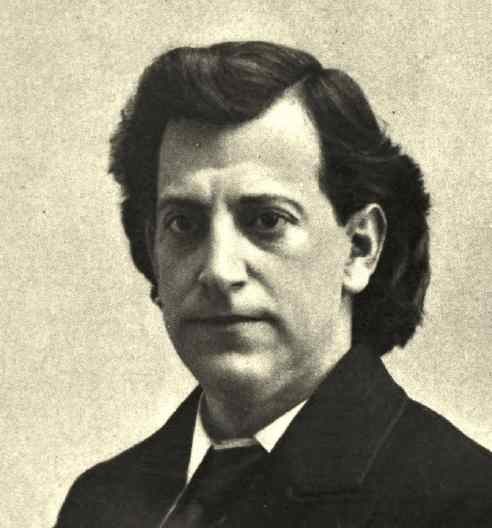SelfDefinition.Org
The Law of Suggestion
James H. Loryea a.k.a. "Santanelli"
Pub. 1902

FOREWORD and Definition of Terms
A word of itself puts no thought into action, though a series of word sense-picturing may. Thoughts are made up of associated ideas through the different senses; two senses must be affected to put a thought in action. I must arouse a sight memory (picture), a feeling memory (picture), as well as a sound through words, to have my reader gain a thorough understanding.
Though accredited with an extensive vocabulary and having a large dictionary at hand, I will have trouble in making you comprehend.
There are no synonyms, as no two things are the same. Therefore, all words used here must have but one meaning. The following words and phrases will be used to mean only the here-affixed definitions.
Suggestion, anything that arouses an action (environment, bodily or external).
Hypnosis, a simulated sleep, the subject having the "thought of sleep."
Inspiration, a thought forced by an operator after Hypnosis has been induced. Man is ruled by suggestion; we inspire a hypnotized subject.
Personal suggestion, where a thought is deliberately forced upon a person free from Hypnosis – exemplified by Christian and Mental Scientists.
Post-hypnotic suggestion, a misnomer. It is a deferred action, and will not happen if the subject is actually awakened.
Inspired awakening, "the thought of being awake," commonly known as the waking state. The opposite to Hypnosis, "the thought of being asleep."
Auto-suggestion, can only mean a "sleep walker."
Pre-inspiration, an act decided upon by the subject to be done after Hypnosis has been induced (erroneously called Auto-suggestion).
Mind, the consensus of all actions acquired during gestation, and seated in the Sympathetic System. As it is inconceivable for anything to happen without an intelligence to guide it, I believe that intelligence to be within all matter, call it Mind, and show its action to be forced by external (the only kind) suggestion.
"Mind," what is commonly believed to be the seat of intelligence.
Sympathetic System, all brain matter contra-distinguished from the cerebrum.
Thought, two or more associated ideas. Thoughts are forced not chosen.
Idea, a percept through any sense. Ideas transform into action.
Thinking, transforming of energy,–man only realizes.
Memory, registration of ideas. Man never forgets, but fails to recall.
Negation, an inconceivable word. Everything is positive: positive for or positive against.
Abnormal, impossible. Everything is normal or a natural result from the cause.
Objective mind, subjective mind, mere words.
Authority, a conceited juggler of words.
Bad, perverted good.
Good, natural response.
Hearing, seeing, smelling, tasting, feeling, the correlation of the different nerve-end stimuli of the respective organs.
Degenerate, above (plus) or below (minus) what is considered average man. Seemingly the same irritation may produce either extreme, subservient to external environment.
Everything is a combination of attributes; i. e., one thing an impossibility.
Matter is comprehensible only to the degree it affects the senses, and to be conceived must affect two senses. To be comprehended, three or more.
Form is comprehensible (when acquired) only when it affects sight and feeling.
Form is the outline of matter, and but transitory. Only matter is appreciable.
Man can conceive of nothing greater nor worse than his individual experience.
Will (will power), I cannot comprehend it, though everyone prides himself on possessing it.
Instinct, a word used to express intelligence in animals, in contra-distinction from intelligence in man. Man reasons! Animals do not. (?)
Law of Nature, a phrase that conveys no meaning. If you can comprehend the phrase "Law of Nature" then you will know the Law of Suggestion, and it will be a useless waste of time to read the following pages.